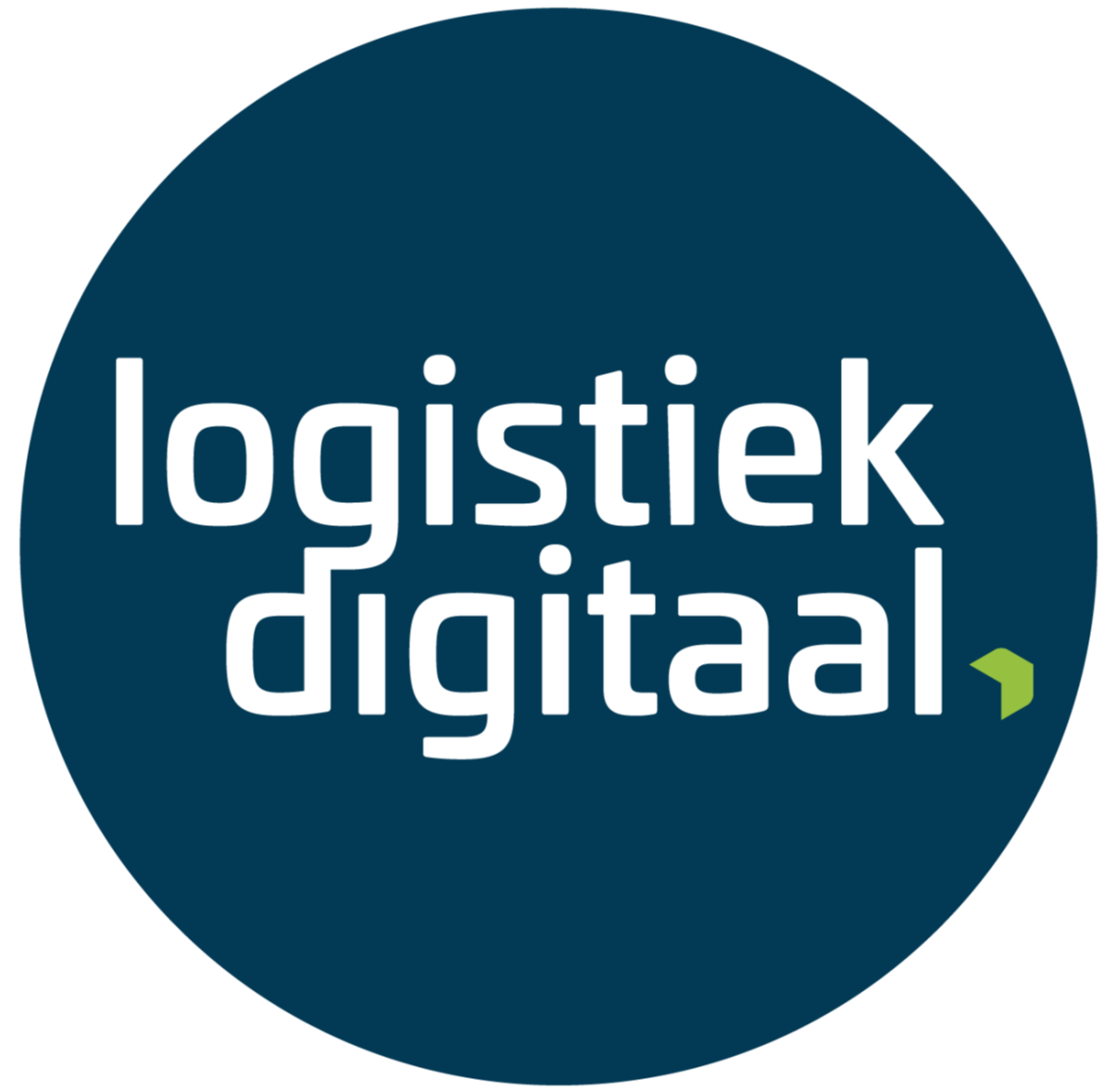Process Mining
About the course
Process Mining can roughly be defined as a data-driven approach to process management. The basic idea of process mining is to automatically distill and to visualize business processes using event logs from company IT-systems (e.g. ERP, WMS, CRM etc.) to identify specific areas for improvement at an operational level. An event log can be described as a database entry that signifies a specific action in a software application at a specific time. Simple examples of these actions are customer order entries, scanning an item in a warehouse, and registration of a patient for a hospital check-up.
Process mining has gained popularity in the logistics domain in recent years because of three main reasons. Firstly, the logistics IT-systems' large and exponentially growing amounts of event data are being stored and provide detailed information on the history of logistics processes. Secondly, to outperform competitors, most organizations are searching for (new) ways to improve their logistics processes such as reducing costs and lead time. Thirdly, since the 1970s, the power of computers has grown at an astonishing rate. As such, the use of advance algorithms for business purposes, which requires a certain amount of computational power, have become more accessible.
More about the authors
Arthur van der Molen
José Huisman
Dennis Moeke
Arjen Wierikx
Frazen Tolentino-Zondervan

This publication is part of the project ‘small projects 2022 route transport and logistics' with project number NWA.1418.22.023 which is financed by the Dutch Research Council (NWO).

